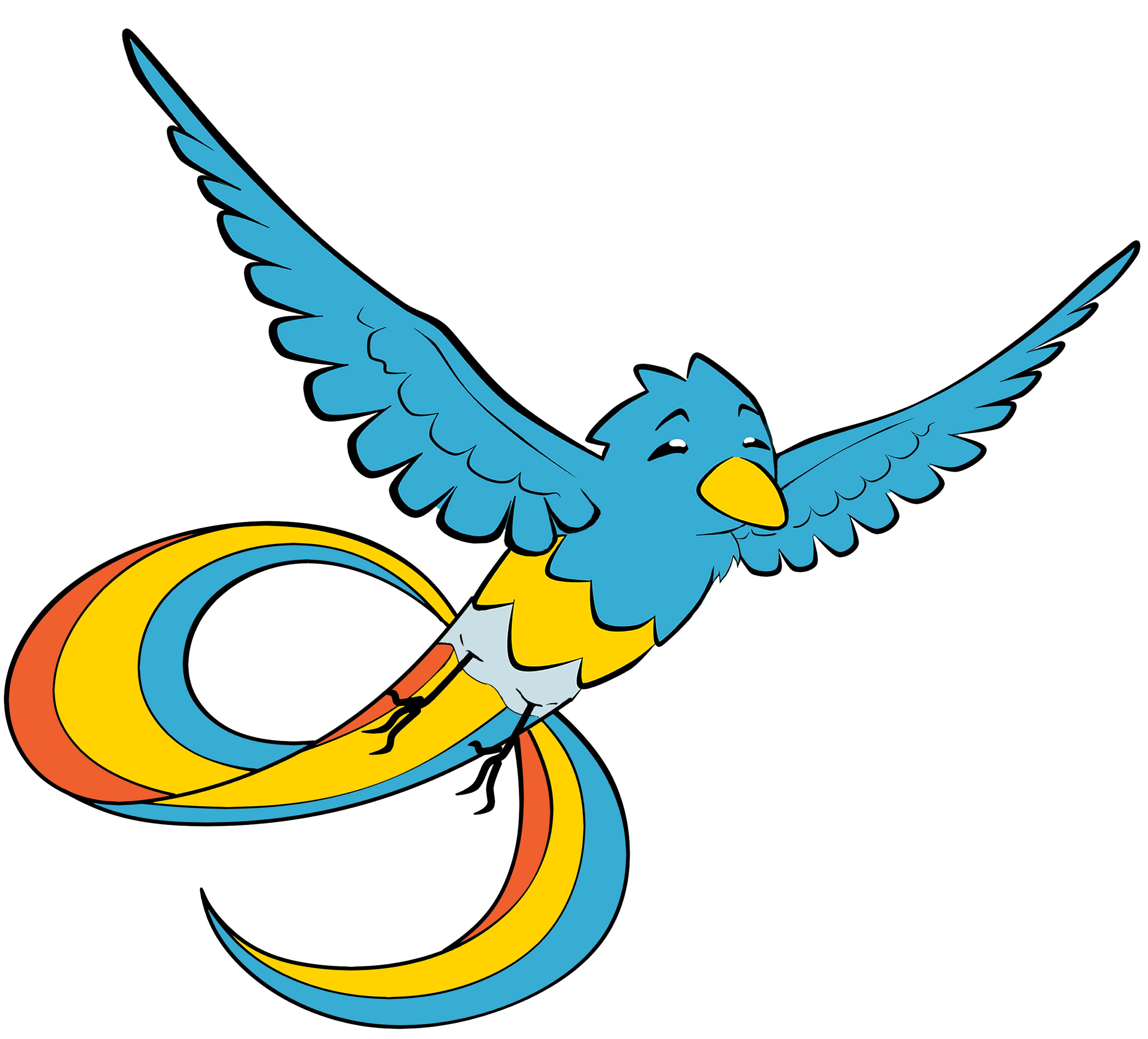Florence Liang [email protected]
Picture this: it's 3 am, a looming history project awaits, and the allure of OpenAI's latest ChatGPT release beckons. You're not alone in this struggle. As dawn approaches and your project remains unfinished, the siren call of AI-powered assistance grows stronger.
More recently than ever, artificially intelligent learning models have morphed into creative tools for idea generation, scriptwriting, and artistry. From Elon Musk to Peter Thiel, OpenAI's ascent has captured the attention and financial backing of Silicon Valley giants, marking a significant milestone since its inception in 2015. These tech giants collectively pledged one billion dollars towards OpenAI’s research and development.
The support garnered by these leaders increased the model’s popularity tremendously. In a mere five days following ChatGPT’s launch, the application had attracted a staggering one million users. This AI marvel, GPT-4, has showcased its prowess across diverse tests familiar to students. In tests like the SAT, GRE, and AP US History, the model has achieved scores comparable to students in the 89th percentile and above.
As GPT continues to diversify into a jack-of-all-trades, it begs the question: where is the model learning all of this information from?
First, let's understand what ChatGPT is: GPT stands for Generative Pre-trained Transformer. This means it was developed with the intent to generate natural language text. The model is trained via exposure to a large dataset where its goal is to predict what word might come next in a sequence. Imagine it as a digital auto-suggest, anticipating your next word, just like your smartphone's keyboard.
ChatGPT has been trained on a broad culmination of literature. The Common Crawl, an archive of many years worth of web pages, is one dataset that the model uses. Additionally, the model has been said to reference information from Wikipedia, newspapers, and books.
As AI proliferates, concerns over safeguarding intellectual property escalate among authors and filmmakers. Members of SAG-AFTRA, including the WGA, have been on strike since May of this year, advocating, among other things, for the protection of their property from being exploited by corporations using AI.
Moreover, the Authors Guild recently released a letter addressed to GPT research companies demanding to establish reparations for authors who have had their property included in the training set for various models. Some of the nation’s most acclaimed writers, including Dan Brown, James Patterson, and Suzzane Collins, signed the letter; pledging their support for the cause. Maya Shanbhag Lang, president of the Authors Guild, had this to say about the state of these language learning models: “AI regurgitates what it takes in, which is the work of human writers. It’s only fair that authors be compensated for having ‘fed’ AI and continuing to inform its evolution. Our work cannot be used without consent, credit, and compensation. All three are a must.”
AI's creative reign is evident in programs like DALL-E 2, Stable Diffusion, and Midjourney, which craft art guided by human input. Still, Congress's ruling denying copyright to generative art adds a layer of complexity, sparking debates on ownership and protection.
With AI's ascent, grappling with the ethical ramifications of its utilization becomes imperative. In a world where AI burgeons, one certainty prevails: a pivotal role awaits humanity in navigating AI's unfolding impact. As you stand at the crossroads of AI's benefits and societal implications, consider the collective responsibility that rests on your shoulders.
